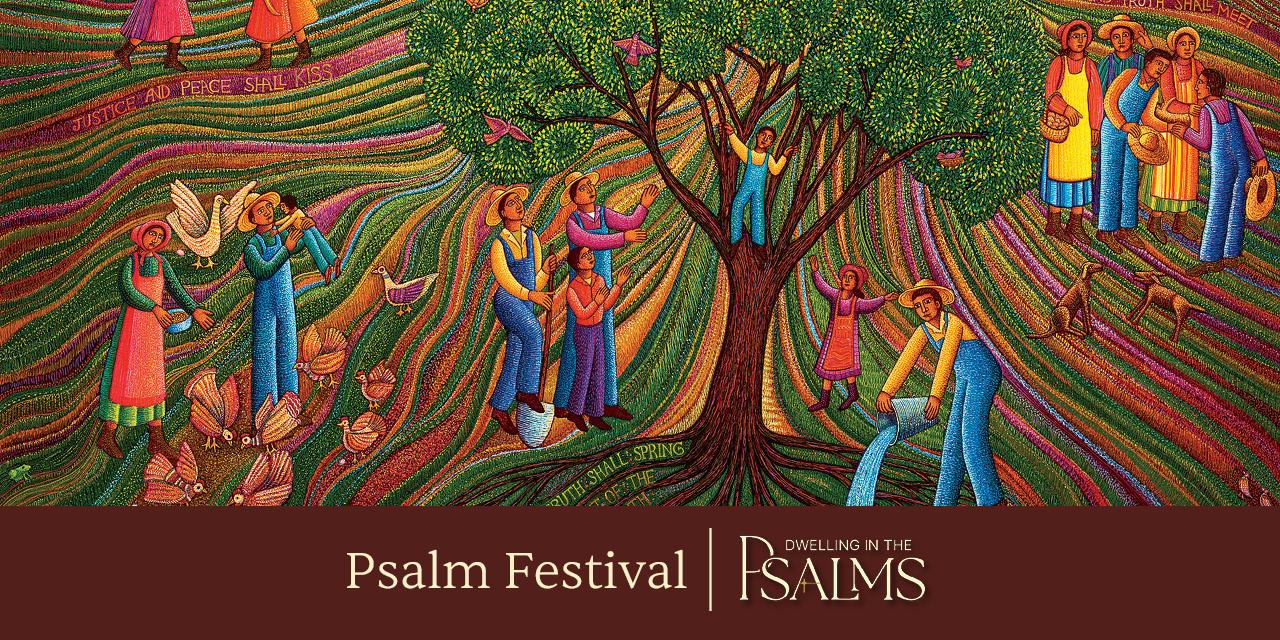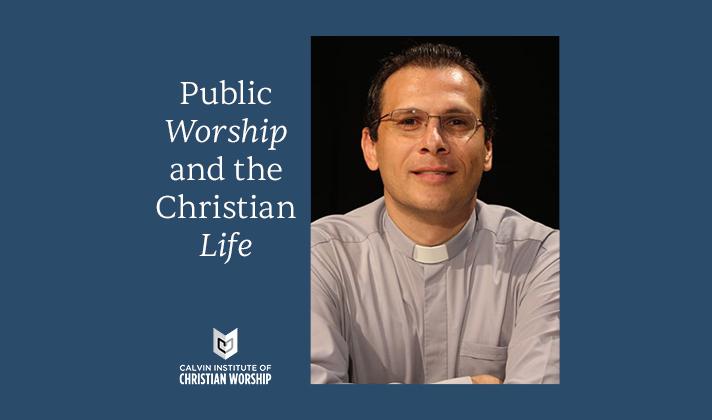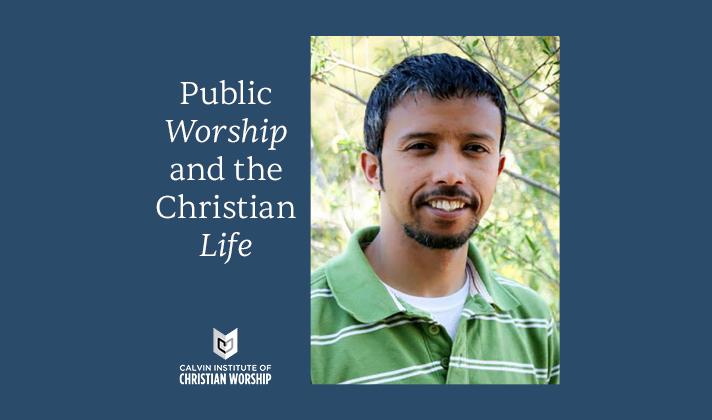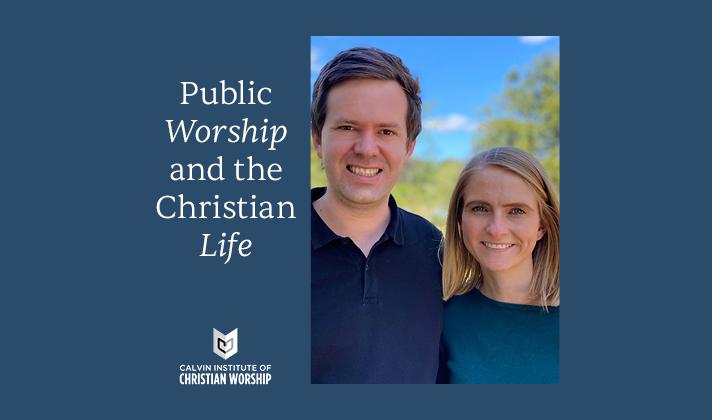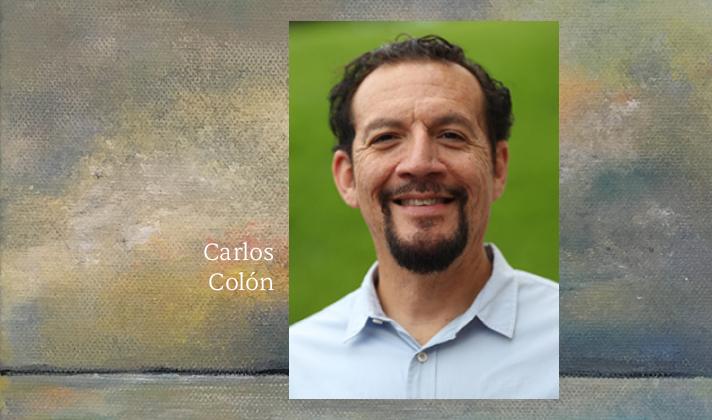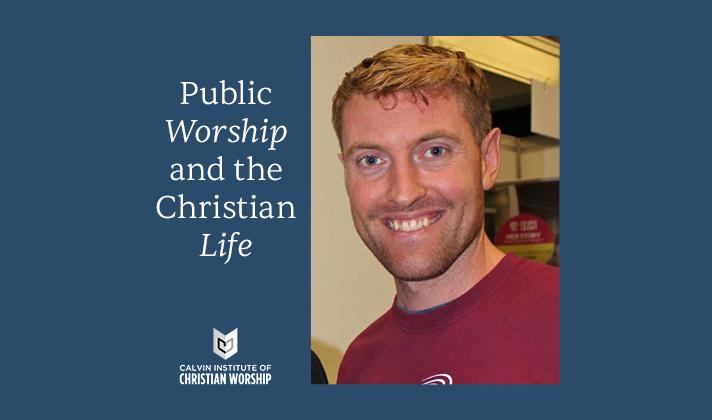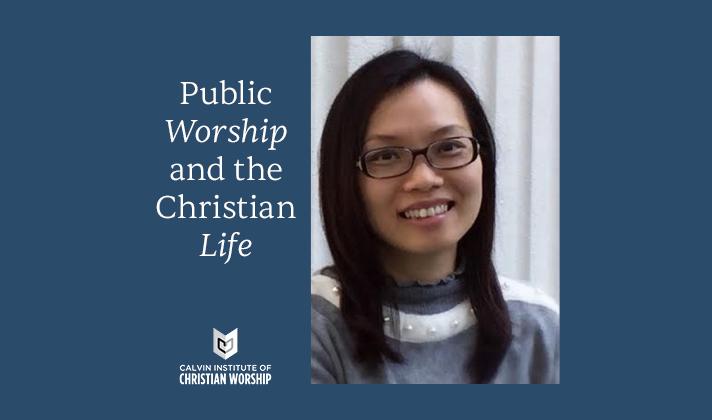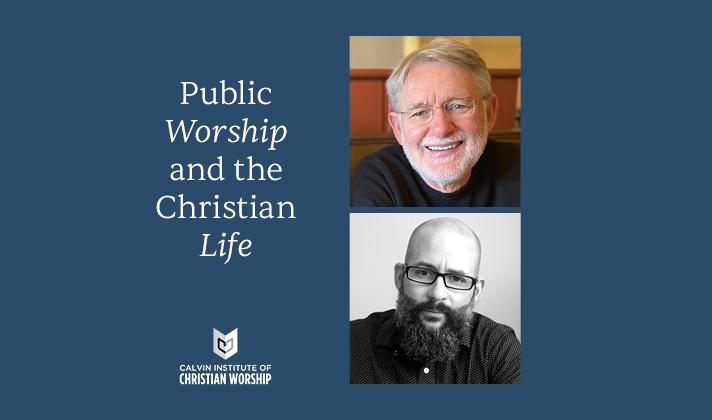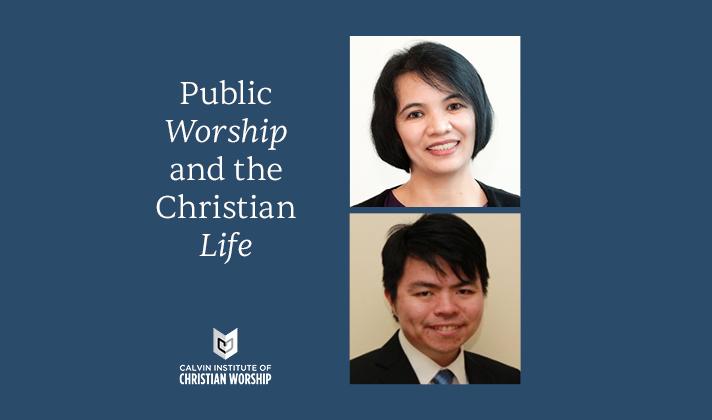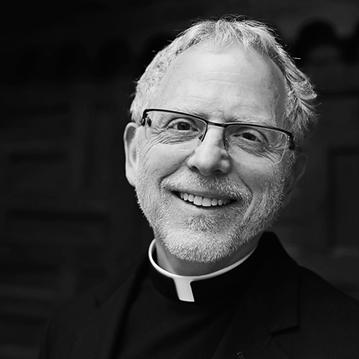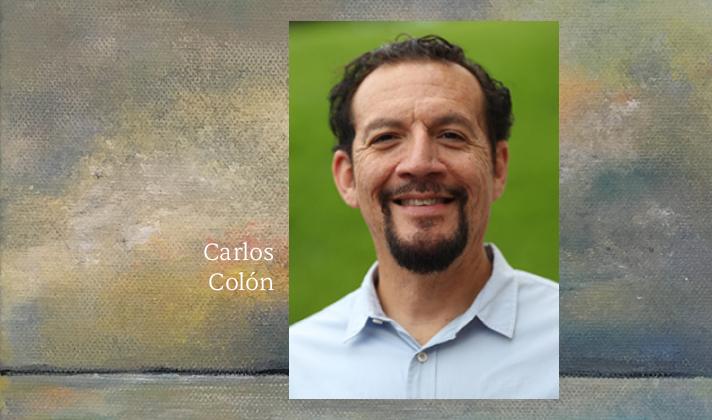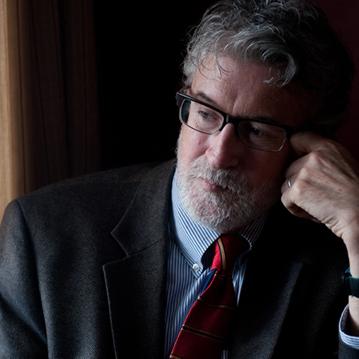Munther Isaac on Worship and Church Life at Christmas Lutheran Church During COVID-19
In this episode, Palestinian Christian, professor, and pastor Munther Isaac shares with John Witvliet how the use of technology brought worship into homes and opened up new possibilities for services, Bible studies, and more during the during COVID-19 crisis for the worshiping community of Christmas Lutheran Church in Bethlehem.
Arbin Pokharel on Gospel Hospitality in Kathmandu, Nepal
In this episode, pastor and church planter Arbin Pokharel talks with Maria Cornou about the vibrancy of the body of Christ in Nepal--land of Hinduism, birthplace of Buddha, and a caste system society--as they draw from the well of grace and practice their Christian faith so everyone can flourish.
Angelique Havenga and Marnus Havenga on Lament, Community, and Ubuntu in the Dutch Reformed Church of Stellenbosch, South Africa
In this episode, pastor-theologians Angelique and Marnus Havenga share with Maria Cornou about what they are learning about pastoring and serving the community as a whole in the Dutch Reformed Church, located in city-center of Stellenbosch, one of the most unequal towns in the country of South Africa.
3 Songs of the Resurrection from Latin America / 3 Cantos Latinoamericanos de Resurrección
Carlos Colón demonstrates and talks about three songs for Easter, as part of the series "Songs from the hymnal / Cantos del himnario Santo, Santo, Santo / Holy, Holy, Holy.'"
Philip McKinley on the Kairos Moment in Ireland during COVID-19
In this episode, Philip McKinley, co-founder of Discovery Gospel Choir, an intercultural ensemble that reflects the new-found cultural and ethnic diversity in Ireland, shares with Maria Cornou how the pandemic created new opportunities for unity and blessing among the people of Ireland and beyond in unimagined ways.
A Celebration of the Music of Margaret Sandresky
A Celebration of the Music of Margaret Sandresky in honor of her 100th Birthday, led by Rhonda Sider Edgington.
Yvette Lau on Worship Identity and Calling in Hong Kong During a Time of Pandemic
In this episode, Yvette Lau, worship leader and chief executive of Anabas Ministry for worship renewal based in Hong Kong, shares with Maria Cornou about leading worship and the wisdom and discerning spirit that is needed to shape worship and pastor God's people during these urgent times.
Valdir Steuernagel and Marcell Silva Steuernagel on the Witness and Identity of the Lutheran church in South Brazil
In this episode, father and son Valdir Steuernagel and Marcell Silva Steuernagel share with Maria Cornou about the witness, embodiment, and community of the Lutheran church in south Brazil during the COVID-19 crisis. This conversation was recorded in the fall of 2020 as part of a global worship course Prof. Cornou taught at Calvin Theological Seminary.
Judith Laoyan-Mosomos and Justin Chan on Multicultural Worshiping Communities in Singapore
Methodist School of Music aims to equip and edify worshipers and the church through music and the arts. Staff members Judith Laoyan-Mosomos and Justin Chan talk with Maria Cornou, an associate director at the Calvin Institute of Christian Worship, about their worshiping communities and practices and issues highlighted in COVID-19.
Paul Turner on Presiding Artfully at Mass
In his new book, Ars Celebrandi, Paul Turner writes that “a well-prepared and celebrated liturgy is the church’s best response to crisis.” He offers fresh principles for how a priest’s presiding style can help the faithful participate more actively in the Mass.
3 Songs for Holy Week / 3 Cantos para Semana Santa
Carlos Colón demonstrates and talks about three songs for Lent, as part of the series "Songs from the hymnal / Cantos del himnario Santo, Santo, Santo / Holy, Holy, Holy.'"
Lee Hardy on Housing, Justice, and Worship
Completing a grant project on faith communities and affordable housing convinced Lee Hardy that justice and worship are internally linked. That’s why he says worship services should include housing justice, and Christians and congregations should advocate to change unjust systems.
